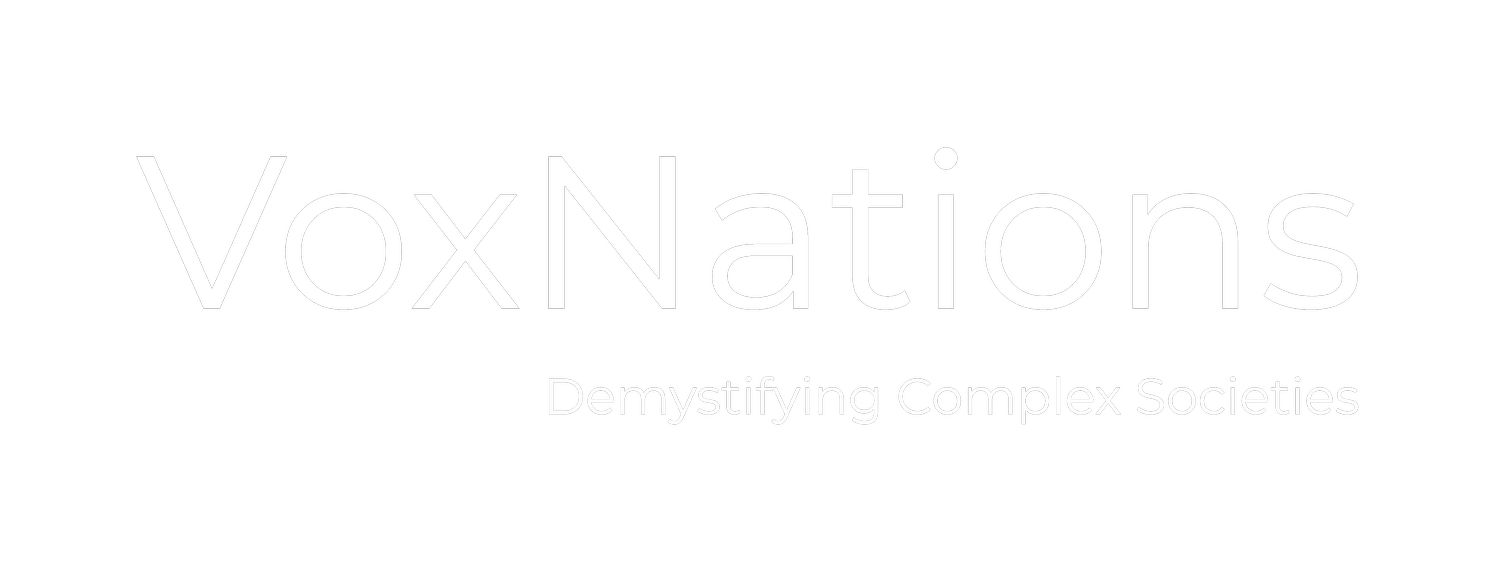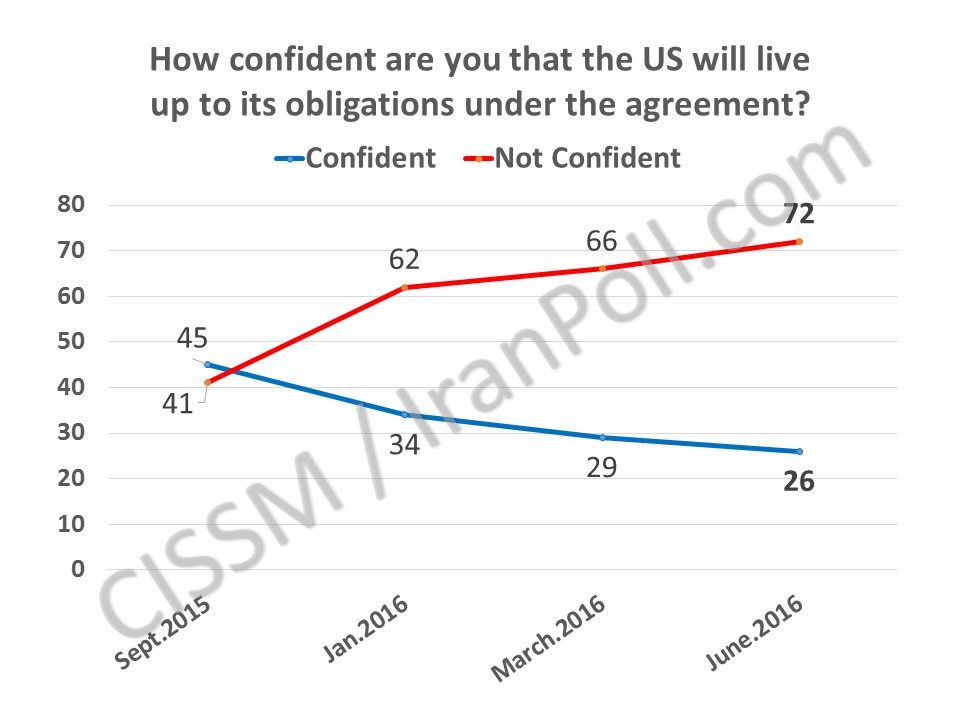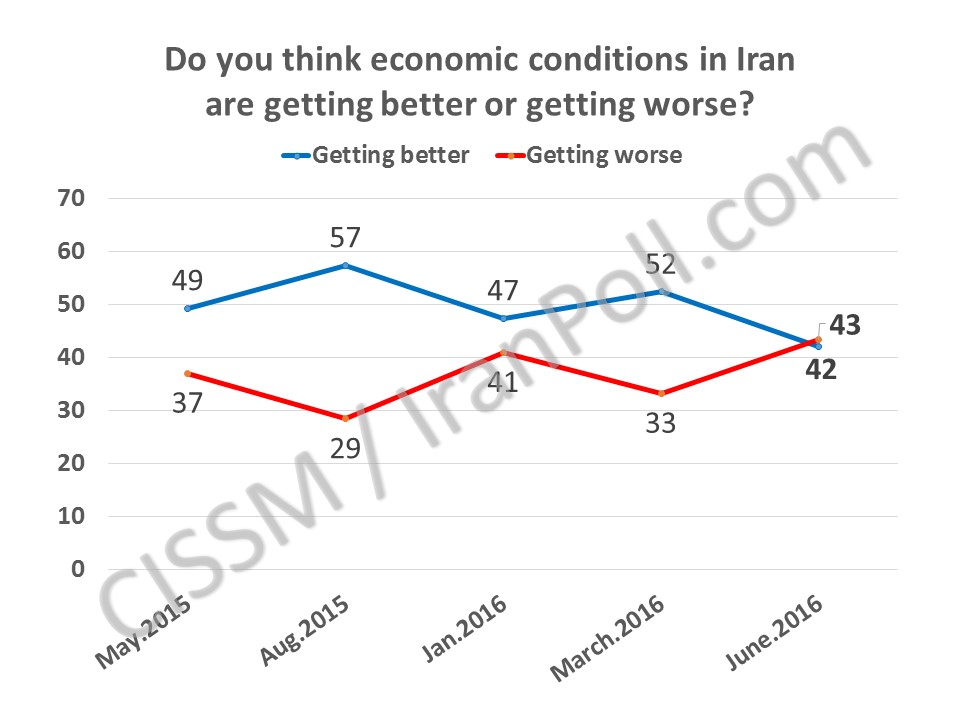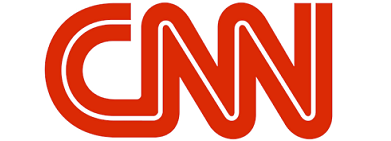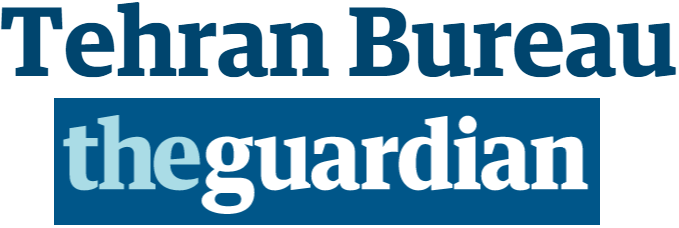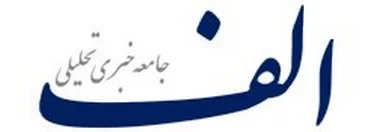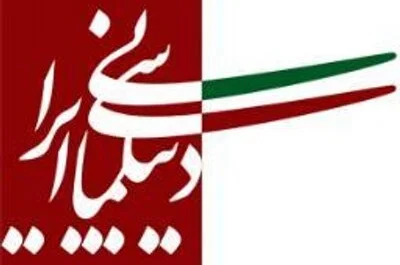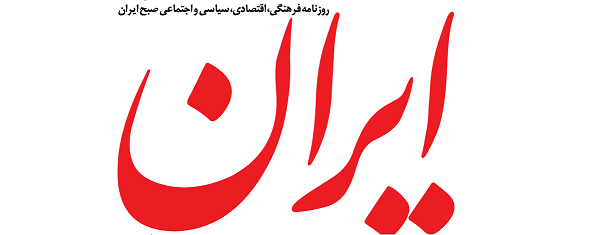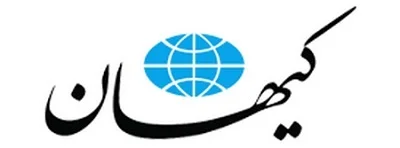IranPoll is releasing its first round of polling results in anticipation of the upcoming Iranian presidential election.
The study is based on a telephone poll conducted between April 11 and 14, 2017 among a representative sample of 1,005 Iranians. The margin of error is about +/- 3.09%.
Questions in this survey include:
- Q1. Which of the following best describes your current level of income?
- Q2. As compared to 4 years ago, has your family’s economic living situation improved, deteriorated, or remained roughly unchanged?
- Q3. How good or bad is the current economic situation of our country?
- Q4. Is the economic situation of our country getting better, getting worse, or has remained roughly unchanged?
- Q5. To what degree President Rouhani has or has not been successful in resolving our country’s economic problems?
- Q6. Do you think the economic situation of ordinary people has or has not improved as a result of the nuclear deal? [If it has, ask: very, somewhat, or only a little]
- Q7. What is your opinion of:
- Rouhani
- Ahmadinejad
- Ghalibaf
- Raisi
- Baghayi
- Jahangiri
- Q8. What is the most important issue facing our country that Iran’s next president should try to address? [Open-ended]
- Q9. Notwithstanding who you will vote for in the upcoming election, which of the following figures do you think can better accomplish these goals if he were to become Iran’s next president?
- Q10. How likely do you think it is that President Rouhani might lose in the upcoming presidential election?
Results:
The full report with frequency tables is available in PDF form here.
Graphs for the results are provided below:
MEDIA COVERAGE:
Below are links to the articles covering this poll:
Featured
Featured
